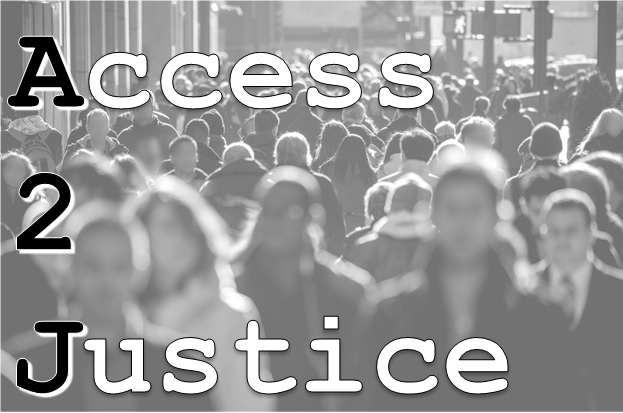
What stands in the way of adequate access to justice?
The Honourable Thomas Cromwell, recently retired from the Supreme Court of Canada and chair of the Action Committee on Access to Justice in Civil and Family Matters, will share his thoughts on why we still do not have appropriate access to justice in civil and family matters and provide a brief update on some promising initiatives. Join us for this talk in the Coach House on Wednesday, September 28 from 5 pm to 6:30 pm, the first in our new Access to Justice series. For more event details, click here.
 © Supreme Court of Canada
© Supreme Court of CanadaCredit: Philippe Landreville, photographer
How did you personally become interested in access to justice?
I think it goes back to my teaching days. I started out as a law professor in the early '80s and one of the subjects I taught was civil procedure, civil litigation. And that got me [interested in] what was the purpose of the courts and what were the barriers to getting to court. I became increasingly aware of the great problems that people were having getting cases into court.
Then I got interested in broader issues of access to justice through some law reform work, first through the Canadian Bar Association and then most recently with the Action Committee on Access to Justice in Civil and Family Matters—which was established by the Chief Justice of Canada and she asked me to chair that committee. So it's been about a thirty or thirty-five year journey so far and it's not over yet.
Why do you think access to justice is relevant to Canadians today?
A strong justice system is really a foundation of any democratic society. It's vital for the protection of individual rights, which of course are crucially important. It's also vitally important for the protection of an economic system because unless contracts are honoured—unless intellectual property laws are enforced and so on—really the whole basis of economic activity is threatened. So at both an individual level and a high level, a strong and effective justice system is important to the very existence of a civil society.
How will your retirement from the bench impact your approach to access to justice?
One thing I'm really pleased about is that the Chief Justice asked me to stay on as Chair of the Action Committee in retirement. And it will be terrific to have some more time to devote to this work, which I think is important; about which I'm very passionate. Trying to do that work on top of my job as the Justice of the Supreme Court, which is more than a full-time job, has had its challenges. So I'm looking forward to having a little more time to do that.
And I also think that now that I'm no longer a sitting judge I'll be a bit freer to engage in some of the broader policy issues that are related to access to justice. So I'm really looking forward to carrying on the role of the action committee and having a little greater freedom to participate in public debate.
How did the idea for the series come about when you were Justice in Residence at the College?
I was really pleased last year to have the opportunity to spend a little time at Green College as the Justice in Residence. And during my talk about access to justice, titled "Why Everyone Should Care About Access to Justice", I threw out the challenge that perhaps Green College could consider having a series as part of its usual seminar series on access to justice. And I was really delighted that the College ran with that idea.
I'm really delighted and honoured to be back, to be part of this series which I think will really help broaden the understanding, broaden the conversation about access to justice and why it's important.
Why should people attend your talk at the College, and also attend the rest of the series?
I think this series is a terrific opportunity to try to engage about access to justice with people who are not usually part of the justice system. One of the criticisms that just about everyone has made is that efforts of civil justice and family law reform tend to still be conversations among people in the system. And I think that it's important that we broaden that conversation.
I also think it's important that people recognize, perhaps more fully than they do already, that this justice system matters to them—it doesn't just matter to lawyers and judges and other people working inside the system, but that it has important implications for the ways their lives unfold. I think that Green College, with its interdisciplinary focus, is just a wonderful setting in which to start to broaden that conversation.